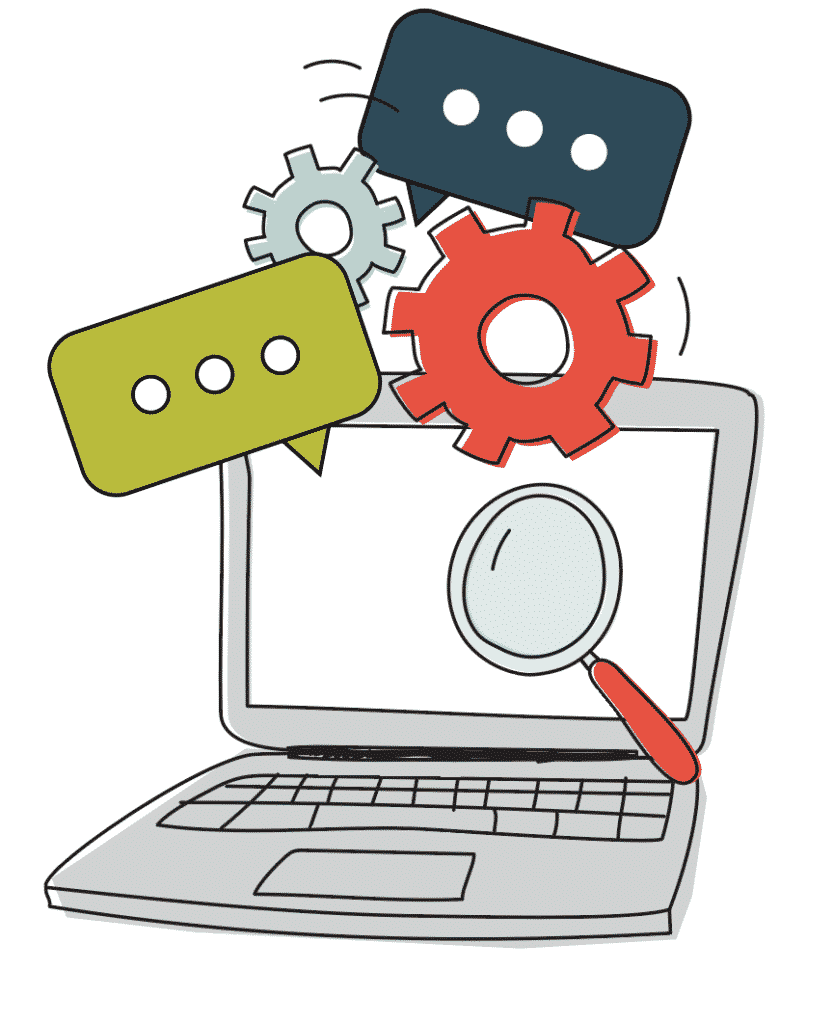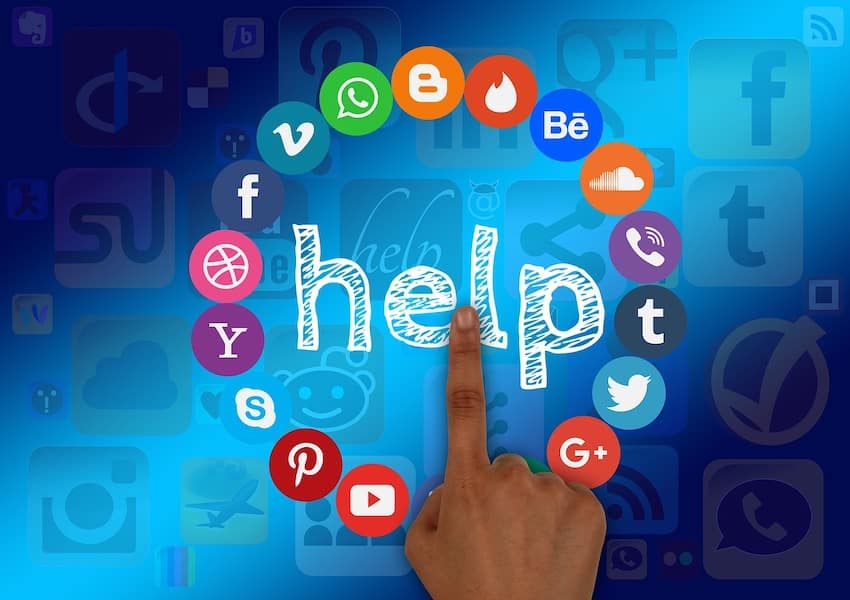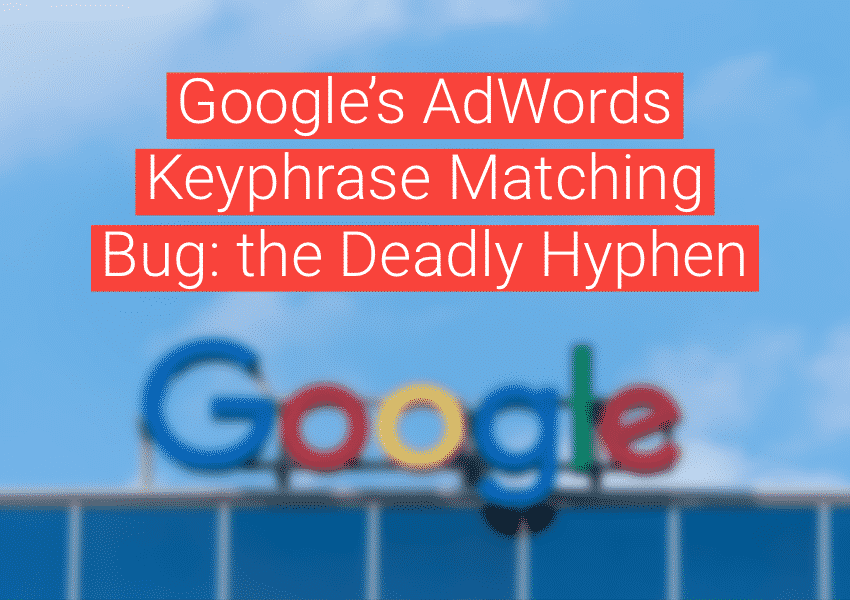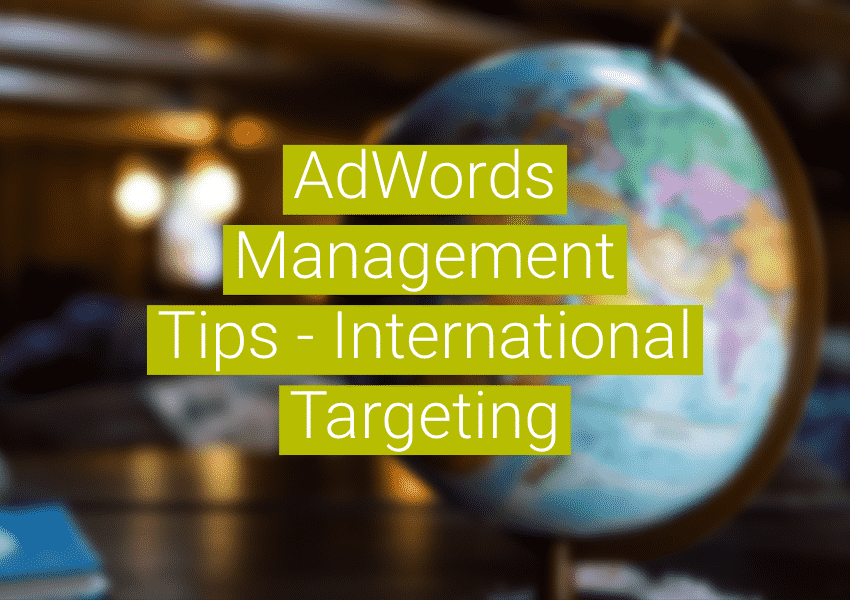Healthcare is one of the most competitive industries in the United States. With year-after-year growth, the healthcare industry now makes up more than 18% of the country’s gross domestic product. According to U.S. government statistics, spending on healthcare increased to $4.3 trillion in 2021. Thousands of brands are competing for every one of those dollars.
It can be a challenge for B2B healthcare marketers to capture attention and traction in such a competitive industry. With modern digital marketing tools, B2B healthcare marketing can now focus on inviting quality customers to find them without expensive expos and tradeshows. There are new trends that are showing proven benefits for better leads and a higher return on investment.
What is the difference between B2B and B2C in healthcare?
Before establishing a marketing plan, it’s essential to know your target audience. This is what separates business-to-business (B2B) and business-to-consumer (B2C) marketing.
- B2B: Business providing a healthcare product or service to another business. For example, a pharmaceutical company selling to a doctor’s office or a medical equipment supply company providing a hospital a new MRI machine. There are also vendors that medical companies outsource to and rely on, such as IT, customer service, and manufacturing.
- B2C: Patient-to-business interactions such as a patient looking for a new primary care doctor, urgent care, physical or mental therapist, or dentist.
Knowing the difference between these two marketing segments will ensure you target the right audience for your product or service. It’s important to recognize who is purchasing your product or needs your service so you can communicate with them directly. Rather than advertising to a patient, for example, B2B marketers must find a way to connect with doctors, department managers, and procurement directors.
How is B2B marketing used in healthcare?
B2B healthcare marketing is unique because of the industry’s growth and challenges. Brands are not only fighting for attention to showcase their products, but they are also trying to inform their customers about new technology solutions. How do you tell doctor’s offices, researchers, and hospitals about a new tool that saves lives, money, time, or all three? It takes an expert strategy.
Why is B2B healthcare marketing important?
A solid B2B healthcare marketing strategy is important because it allows you to:
- Identify and target decision makers within the business
- Create content that resonates with those audiences
- Guide prospects through the marketing funnel toward purchase
Healthcare products and services sold directly to businesses like hospitals tend to be more expensive and have longer sales cycles. More decison makers may also be involved and will need to give approval on the final purchase.
With so many barriers to purchase, it is critical that sellers in the healthcare space know how to reach prospects who actually have purchasing power and provide them with content that speaks to their pain points at every stage of the marketing funnel: awareness, consideration, and conversion. Improper targeting can quickly waste thousands of dollars on unqualified leads, while poor content coverage can make it difficult to win over and convert prospects.
If you’re struggling to make an impact with your marketing, it may be worthwhile to outsource your work to an agency with B2B marketing experience. At Pure Visibility, for example, we have helped many healthcare companies work through their unique marketing challenges.
One client, for example, approached us about optimizing their existing PPC campaign so they could achieve a higher ROI on their paid advertising. During our review of their existing campaigns, we discovered that 50% of their budget was being used on a campaign with a high bounce rate and no conversions.
Our marketing experts were able to use a variety of tactics to optimize their campaigns, track the quality of leads, and make adjustments as needed. After five months, the client saw significant improvement compared to the previous period, with a 500% increase in conversions, and a 70% cost savings per lead.
Trends in B2B healthcare marketing
With the industry changing fast and new competitors moving in, it’s essential to capitalize on modern marketing trends to move your business forward. The healthcare industry is undergoing a digital transformation, as more business segments rely on internet research and communication. Healthcare marketing is no exception.
The following trends can help you use digital marketing to your advantage and encourage customers to come to you before finding your competitors.
1. Data-Driven Marketing
One of the most significant advantages of digital marketing is the ability to better understand and serve your customers. This is possible because of data. There is quality data available to let you know where your customers are, what their needs are, and what they are searching for. When you know these details, you can create content that matches their needs and present it where they already are.

Data can help you transform your generic campaigns into customized, strategic digital advertising solutions. If your marketing efforts and healthcare KPIs are focused on quantity, it’s time to consider quality. Focusing on targeting will create better leads.
This targeting is most characterized by Account-Based Marketing (ABM). ABM takes time and research between marketing and sales so you can identify a set of high-value accounts. You then personalize your content and marketing strategy to those specific accounts. Statistics compiled by Hubspot found 92% of B2B marketers now have an ABM program.
While ABM utilizes many resources for only one or two conversions, the high-value accounts can prove very valuable.
Even without ABM, you can use the same data-backed tactics to personalize your content to generate high-quality leads.
92% of B2B marketers now have an ABM program.
source: Hubspot
2. Digital Research
Similar to when you search for a restaurant near you on Google, healthcare providers turn to the internet to search for products, services, and vendors. A 2013 Google and HIMSS study found more than half of hospital administrators went online to do their own product research. While online, buyers are researching product features, identifying vendors, and comparing products.

As more and more buyers turn to the internet to gather information, B2B healthcare marketers must create content to satisfy those Google searches. Marketers have their own digital research tools to help understand what potential customers are searching for to tailor content to match. This is one part of a good search engine optimization (SEO) strategy. SEO can help you appear at the top of the search results to ensure your customers find you before your competitors.
3. Social Strategy
In 2007, Facebook officially launched its ad platform and started its domination of the social ad market. However, in the last few years, Facebook lost share as the most important platform for marketers, according to Social Media Examiner. While it is still a valuable component of your digital marketing efforts, it is not the end all be all. Other options might be a better fit to communicate with your audience.

Relying on healthcare marketing data, you can find the best strategy of where, when, what, and how to communicate with your ‘who.’ For example, LinkedIn claims 80% of B2B leads come from LinkedIn, and 94% of B2B marketers use LinkedIn to distribute content.
However, ads on Facebook play differently than ads on LinkedIn. Facebook is the place to share personal news and mindless scrolling. LinkedIn is a professional platform with a focus on business accomplishments and networking. For B2B marketers, LinkedIn generates more audience engagement, and your ads should reflect that.
It’s best to do your research and understand the best social media for your business needs. Once you know this, you can create content to match your customers’ needs and present it on the platform where they are.

4. Doing More with Less
You’ve likely heard a similar complaint from fellow marketers the last five years: we are stretched too thin. Marketers, especially B2B marketers, are trying to reach customers in so many spaces it is difficult to keep up. When your team tries to balance sales needs, trade shows, email marketing, social media, and digital advertising, it makes specialization and expert strategy difficult. That is why more marketers are partnering with a digital agency partner to lean on for expertise and customized campaigns.

It can be challenging to know when it’s time to turn to an agency. However, like the healthcare industry, marketing is changing quickly. Working with an agency is an excellent opportunity to rely on their detailed knowledge and understanding of the latest trends in their specialty. They can implement new ideas and technology for your business, allowing your team to focus on their strengths.
Convert Trends Into Leads with an Experienced B2B Healthcare Marketing Agency
Now it’s time to carry out those trends that can create ROI for your business. These B2B healthcare marketing trends can push your sales and marketing efforts to the next level with the right strategy and implementation. Pure Visibility can help you create the right healthcare marketing plan for your team and turn your goals into reality.
Learn more about healthcare marketing and how you can increase leads with a data-driven strategy.





